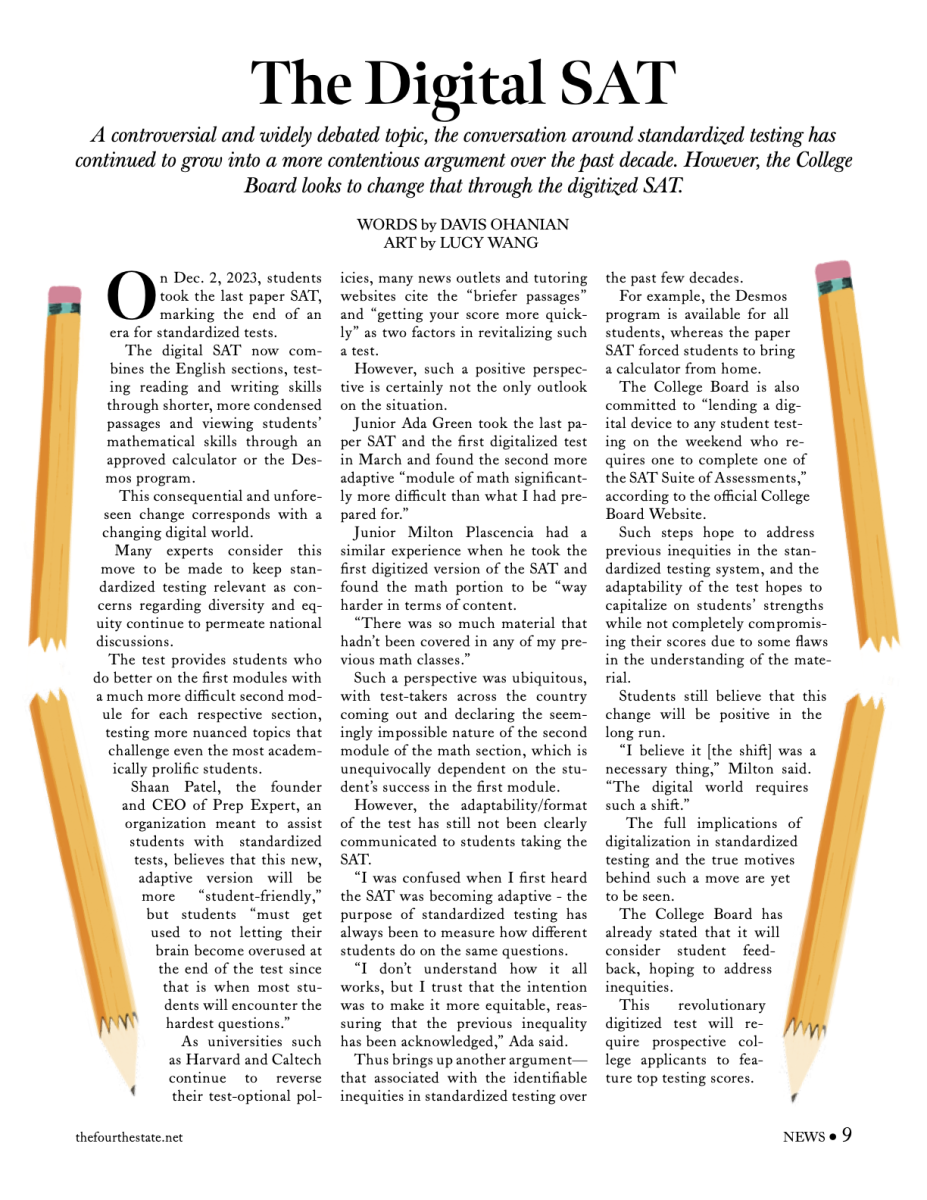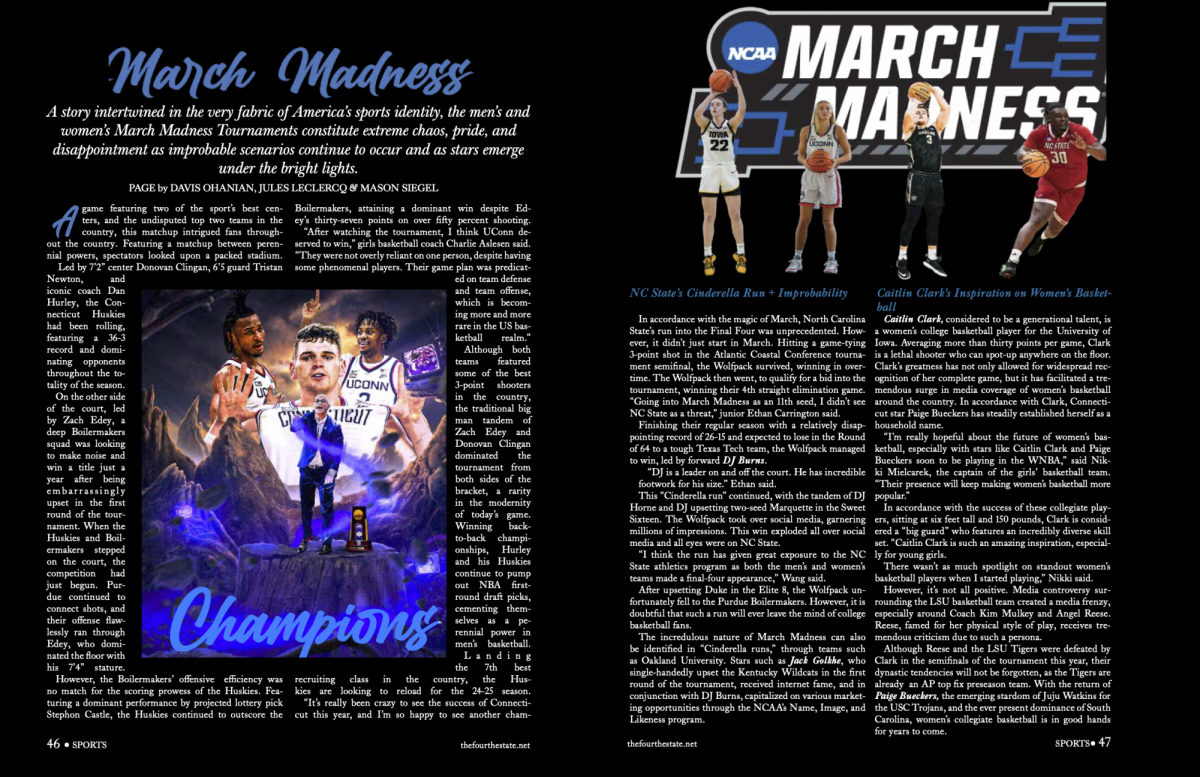It’s Monday night, you have an essay to write, but your fantasy football team is down by 20 points, and you have your quarterback left to play.
The decision is really quite simple: You procrastinate on your paper and watch “Monday Night Football,”0 while rooting on your ‘fake’ football team.
It’s 8:45 p.m. The paper has still not been worked on, but you’re only losing by nine points and the first half isn’t even over yet.
The paper, at this point, is in the deepest part of your mind, behind, of course, fantasy football, perhaps the dishes and possibly a shower.
The first half comes to a close. You’re feeling good. A win here and your into the playoffs, which seems like an inevitability at this point.
There’s no way to really describe the power that fantasy football possesses.
It consumes people. It is more important to me than school, birthdays, family gatherings and, possibly, even my health.
Fantasy football allows sports fans to compete for much more than just money.
According to the Fantasy Sports Trade Association more than $1.18 billion changes hands each year in just fantasy football pools-winning can mean even more.
Winning can lead to glory and bragging rights for the following year with your schoolmates, coworkers and family.
The loser, on the other hand, might have to face a week of unappealing clothing, a public shaming or, in the most dedicated of leagues, a tattoo forever marking their ineptitude at fantasy football.
The risk-reward experience culminates for a high-intensity season based off of the National Football League’s regular season.
There are dozens of different ways that leagues and rosters can be created so that each league is unique and perfect for the competitors.
A standard league would include one quarterback, two running backs, two wide receivers, one tight end, a kicker and a team defense.
All teams would also include a bench consisting of a medley of all of the positions.
Each week you are pitted in a fierce match up versus another member of the league. Points are scored based on how well your players do in real life.
The team with more points each week wins the match up.
Seems simple, right?
Well, once you delve into the waiver wire, trading, bye weeks and injuries, it becomes more of managerial game that involves skill, rather than a pick-and-pray approach.
There are two minutes left in the game. You are down by a single point, and your quarterback has driven the ball right down to the opponent’s five-yard line.
All the quarterback needs to do is score a touchdown and you win the match up and head to the playoffs.
You already have the boastful text message queued up and ready to send to your unfortunate opponent.
Inopportunely, your quarterback fumbles the ball while trying to run in for the score, to make it worse, the ball just slipped out of his hands as he was a yard away from a score.
You fall to your knees and cry. Your season is over.
One more year until next season. One more year of gloating from the league champion. One more year of sleepless nights thinking of what could have been.
Junior Jack Kinsler said, “Life is about priorities, or, shall I say, priority. For fantasy football, in all it’s greatness, cannot be grouped together with things such as: school, family, music, and oxygen.
The magical rush it provides for 17 weeks a year is without a doubt my most treasured activity. The camaraderie and friendly gamesmanship is something I will never take for granted.
Without the league I would be a mere mortal, but with it, I stand amongst the greats of the heavens. I am able to go toe to toe with Zeus and Poseidon on any given day and win.”
Fantasy Football: Healthy Pastime or Addictive Reality?
December 16, 2013
0
Donate to The Fourth Estate
$50
$500
Contributed
Our Goal
Your donation will support the student journalists of Laguna Blanca School. Your contribution will allow us to purchase equipment and cover our annual website hosting costs.





































